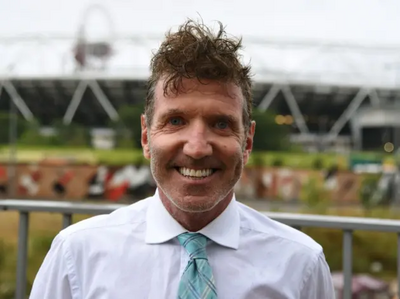Myanmar's Simmering War and UK's moral duty

Following the coup d'etat in Myanmar on Feb 1st this year, the 'Tatmadaw' military have killed more than 860 civilians and imprisoned more than 6000 people. Random bombings of civilians, burning villages and killing protestors, have made a full scale civil war likely. The de facto leader of Myanmar is now the brutal General Min Aung Hlaing, the Chairman of the State Administration Council.
The coup ended 5 years of 'democratic' governance. This period followed 53 years of military rule, which began in coup in 1962. Myanmar (Burma) was part of British India before 1948.
The colonial past is one reason why the UK has a duty to help. More specifically, the flawed legacy of the British contributed to 7 decades of conflict. After the 1962 coup, the oil and gas sector was nationalised, and oil & gas majors such as Anglo-Dutch Shell and British Gas, with the support of the British Government, have been intimately involved.
The UK can thus have major positive role to play.
Reducing violence, and preparing for the consequences from full civil war, necessitate understanding, however.
Two thirds of the population in Myanmar are Burmese (Bamah). From independence, and as part of the British legacy, the government has had a system of ethnic control centred on the peripheral provinces. This led to armed resistance, 'justifying' military rule. There have been nine major conflicts; four still persist - involving Rakhine/Rohingya, Shan, Kachin, Kayin, and Mon. Citizens have an ethnic designation written on their ID cards. The exception is the mainly Muslim Rohingya, who do not receive ID cards, on the grounds they are 'foreigners'.
The appalling treatment of the Rohingyas, can obscure the many other violent ethnic conflicts in Myanmar. The military government also has a long history of mass expulsions of other ethnic groups.
The grim reality of this ethnic governance system is truly shocking. Having visited the Rohingya refugees around Teknaf in Bangladesh and the Kayin and Mon refugees in Mae Sot Thailand, their horror stories at the hands on the Tatmadaw, and the Ma Ba Ta Burmese Buddhist extremists, are painful to hear. The recent military coup, however, is causing armed Bamah groups to team up with armed ethnic groups, as they seek combat training to help resist random Tatmadaw attacks.
Geopolitics plays a big part in the conflict. China has sought an outlet to the Andaman Sea, and with a potential trade blockade in mind, they now have two pipelines to China; bypassing the Malacca Straights.
At present, efforts by ASEAN and Western nations to reduce the recent violence (sanctions, economic pressure) have had very limited success. If the military are defeated in a full civil war, what then ?
There will be at least four big challenges:
* The economy is dominated by military enterprises, and exclusive 'licenses'. Unravelling this will be very complex, and require a proper legal system.
* The return of the Rohingyas and reconstruction of villages will almost certainly be a condition of aid, and many groups in any new government are likely to press for 'de-radicalisation', having absorbed anti-Rohingya propaganda for decades
* There will be a dash for oil and gas resources, and if this is not addressed in an orderly way, it will quickly lead to further conflicts
* The role of China is important, and it will require deft footwork to persuade China to accept a multi-polar effort
The institutions required for such measures (and peacekeeping) will need to be established with consent, quickly, and most experts on the ground appear to prefer a joint ASEAN-UN approach.
If the UK switches to long term stability and leadership towards peaceful outcomes, rather than short term economic advantage, it will gain local popularity and hold it in good stead for when Myanmar achieves, hopefully, a modicum of normality.
* Paul Reynolds works with multilateral organisations as an independent adviser on international relations, economics, and senior governance. He is a member of the Lib Dem Federal International Relations Committee and an Executive member of Liberal International (British Group).
